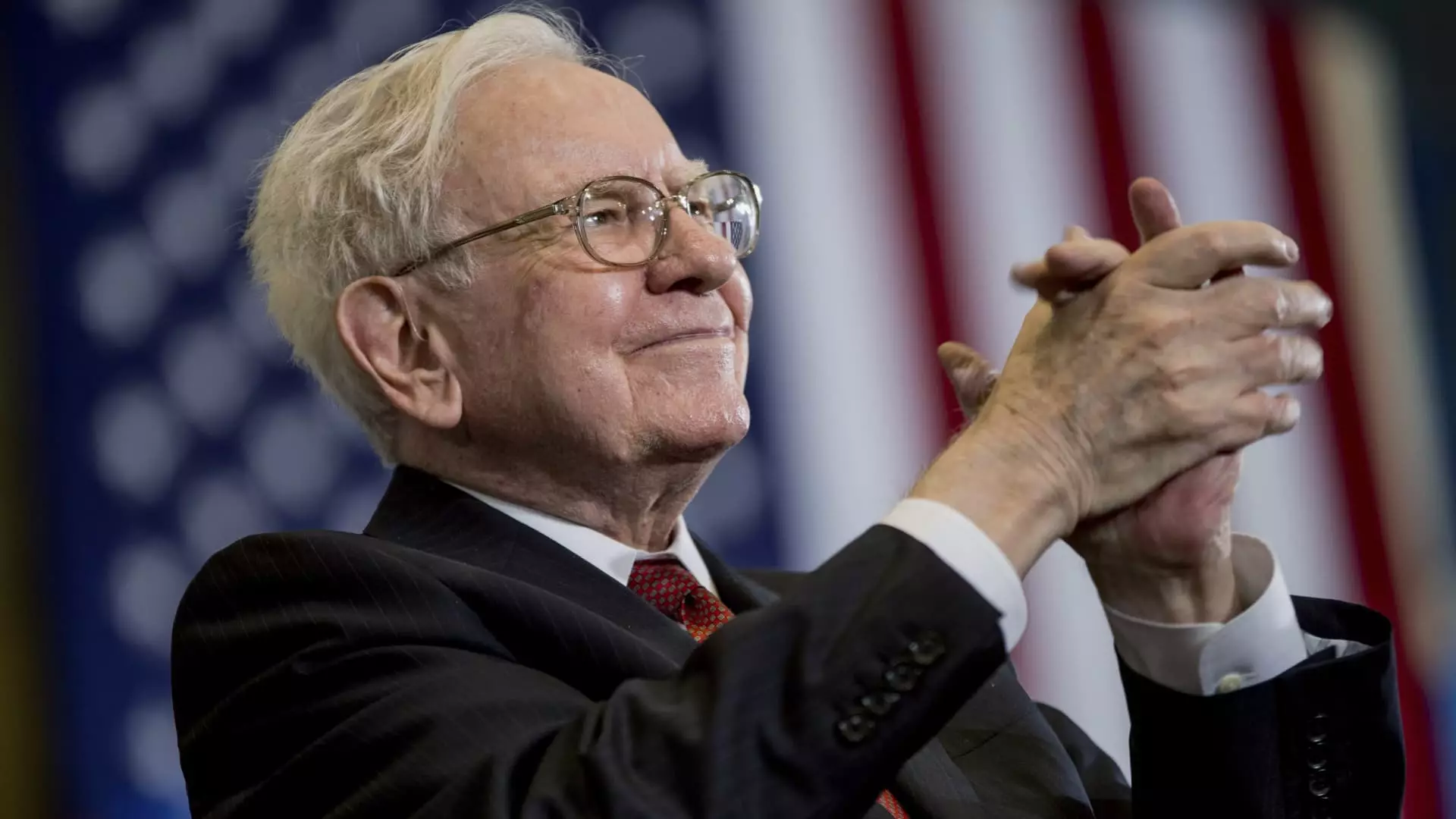In a recent interview, Larry Swedroe, a well-respected researcher in the market, raised concerns about the effectiveness of Warren Buffett’s investment style in today’s market environment. Swedroe pointed out the increasing number of professional Wall Street firms and hedge funds actively participating in the market. According to Swedroe, while Warren Buffett was once considered the greatest stock picker of all time, academic research has revealed that his success may not have been solely attributed to his stock-picking abilities.
Contrary to popular belief, Swedroe suggested that Warren Buffett’s true success lay in his early identification of key factors that allowed for the generation of excess returns. By leveraging these factors through his reinsurance company, Buffett was able to achieve remarkable returns. Swedroe further mentioned that investors looking to replicate Buffett’s performance could consider investing in index funds that mirror the characteristics of the stocks Buffett has historically purchased. This approach could potentially offer comparable returns without the need for individual stock selection.
Swedroe highlighted the accessibility of these investment strategies through ETFs and mutual funds offered by companies like Dimensional, AQR, Bridgeway, BlackRock, and Alpha Architect. By utilizing these funds, investors have the opportunity to capitalize on the same factors that have contributed to Buffett’s success over the years. Swedroe emphasized the importance of understanding the underlying principles that drive market returns and cautioned against the pitfalls of active management and market timing.
In addition to index funds, Swedroe mentioned the potential benefits of momentum trading for investors. He underscored the systematic nature of momentum investing, which has historically delivered favorable returns over the long term. Swedroe’s assertion that market timing and stock picking may not be conducive to sustained success aligns with his overall skepticism towards active management. By adopting a disciplined and systematic approach to investing, investors can potentially enhance their long-term performance without incurring unnecessary fees or expenses.
Swedroe likened the stock market to sports betting, with active managers playing the role of bookies. He cautioned against frequent trading and emphasized the detrimental impact of high expenses and taxes associated with active management. Swedroe’s analogy highlights the inherent challenges faced by investors who rely on stock picking and market timing to outperform the market. By focusing on low-cost, passive investment strategies, investors can mitigate the risks associated with emotional decision-making and enhance their overall investment outcomes.
In his latest book, Swedroe sheds light on the inefficiencies of active management in attracting emotional investors, whom he refers to as “dumb retail money.” By succumbing to the allure of active management, these investors often underperform the very funds they invest in due to misguided stock picking and market timing. Swedroe’s critical assessment of active management serves as a cautionary tale for investors, urging them to adopt a more rational and disciplined approach to investing.

